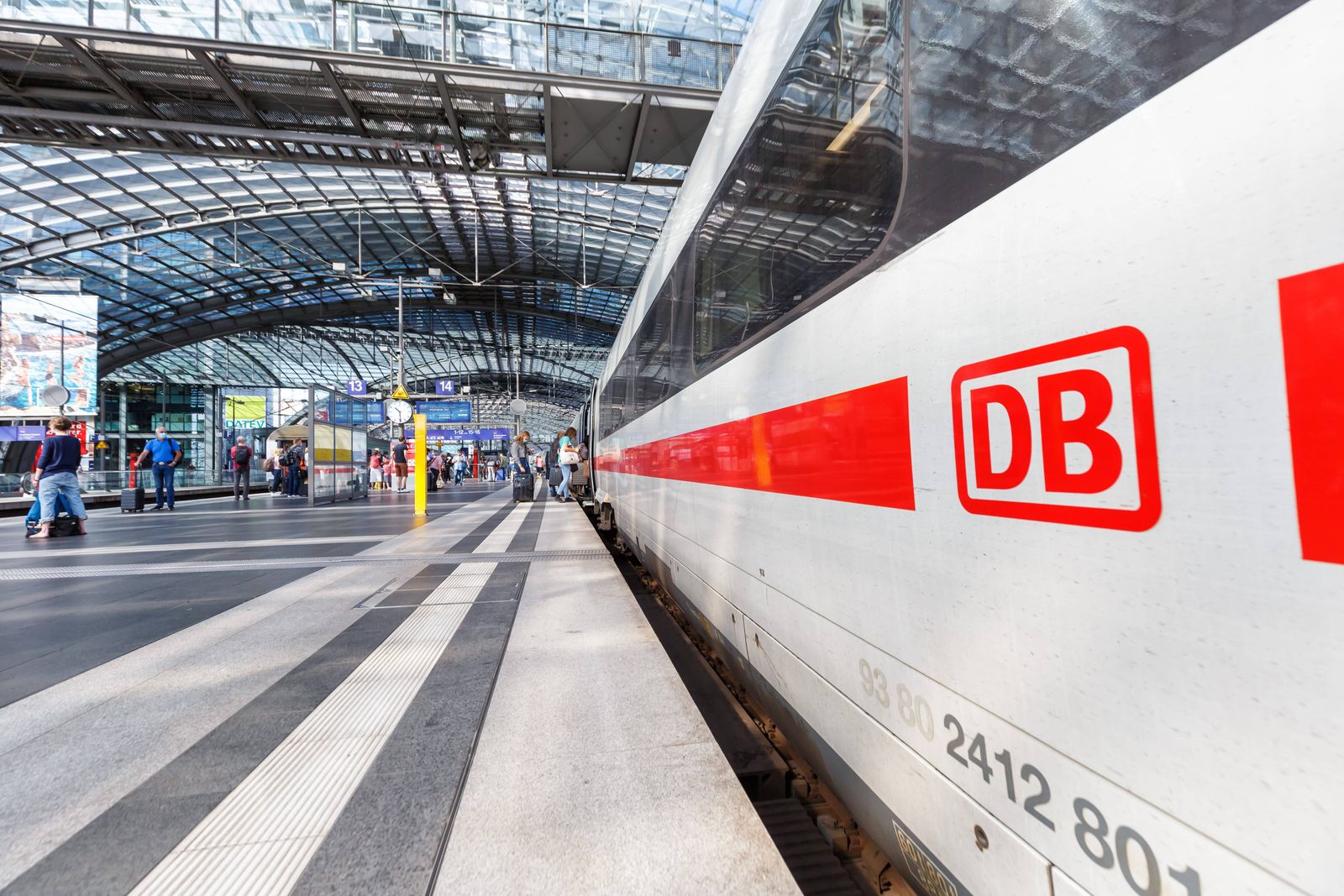BLOG: Infrastruktur-Asset-Management
Deutsche Bahn fällt heute aus. What is happening with the world’s leader in railway?
We all know Deutsche Bahn. Been there, done that. Surprisingly, everybody has opinions toward this company and regional companies such as Kölner Verkehrs-Betriebe (KVB), belonging to city of Cologne. Believe me, I have too many things to say (complain about). Furthermore, the government launchd a remarkable program, 9-euro ticket, puting even more pressure on public transportation companies. This incentive was fantastic and promising, but since then, I’ve started noticing substantial issues in Deutsche Bahn and transportation companies decisions and work optimization. I’d like to illustrate the problems of DB and KVB as an individual who has used it for the past 10 months and can propose an (almost) objective viewpoint.
To start with, Deutsche Bahn and KVB have been the company of customers’ choice in the railway industry for a long time. I remember traveling with KVB to Cologne in summer and being fascinated by the trains’ comfort, price, and punctuality. Their 2020 report actually indicates that regional trains were more punctual than long-distance ones, and customer satisfaction exceeded the target set at the beginning of the year. If I hadn’t known about the circumstances and discovered the company’s future image now, I would think that something terrible must have happened to lead the company to this level.
How specifically did the Deutsche Bahn get worse?
Answering this question is a piece of cake. As an active customer of KVB, I can see the issues from the customer’s perspective without a profound understanding of its management or operations. Firstly, trains never come on time. You can throw the present schedules through the window. Secondly, trains are always full, especially during peak hours. Once I had to wait for two trains to pass because there was no place in them to shove my leg into. Thirdly, crashes and emergencies. Have you noticed how many accidents KVB had this year? Not a single time I’ve seen a train bump into a car and set on fire in one day, but it did happen. After all of these cases, I realized that reckoning that we with KVB may not be compatible is not valid, but the company rather undercomes the crisis.

9-euro ticket.
The phenomenon that will pursue us throughout our lives. The tale that during one summer, people could buy a ticket for one month for 9 euros will spread for centuries. The incentive is definitely exciting and needed. However, it was a failure. Crowds of people at stations, trains that were constantly late or canceled, and regional destinations that could never be achieved. Here is how the ordinary day for an individual with a 9-euro ticket looked. The problem with the 9-euro ticket was that the the state did not prepare public companies for such a flow of clients, also considering the increasing number of Ukrainian refugees. Basically, DB, and KVB in particular, did not do asset or risk management and was highly regretted due to reputation loss.
What about Deutsche Bahn now?
Well, the situation improved; indeed, weaknesses just reduced its impact. The company definitely plans to expand by involving more funding and increasing tariffs for long-distance directions. Is it a good thing from the perspective of asset management? No, it’s not. The company failed to meet punctuality expectations for 2022, so it needed to reduce them for 2023. Let me remind you that punctuality is the core element required for railway companies. This was a colossal failure, in my opinion. To illustrate my reckoning, I will provide an example of a Ukrainian railway company. Even if it sounds like I want to entail Ukraine in everything, it’s true; the country is impressive. Ukraine was heavily shelled on the 5-6th of December, ruining much of critical infrastructure. What did the national railway company do when many of their paths were damaged with lacked electricity? Postpond trains for 4 hours, during which fixed everything. Imagine such damages in Germany; how many days would you stand at the train station to get home?
How to fix it?
I am not a specialist or expert but a self-educated individual, so I cannot propose an effective solution. However, I’m sure for consultants in meliorate, this riddle is a breeze. So Deutsche Bahn or KVB, if you’re struggling with searching for experts, I know what to propose. From what I can see and understand, the company is not ready for expansion, but it rather needs to focus on its current issues, especially with customer satisfaction as the key stakeholder. I believe DB just realizes its advantage and competitors’ absence, neglecting clients’ experience. Suppose the company identified its strengths and weaknesses (assets). In that case, it could have effectively exploited them to prioritize tasks and make life-long decisions.
Think of DB critically. Imagine your perfect commute to school or work. The discussed companies can achieve this with the right approach to its values, investments, plans, and financials. I mean, the Ukrainian national railway company has way too few monetary resources. Still, it operates more effectively during the war, unlike DB in peace.
Iryna Nykoriak
Published 09.12.2022
Also may interest you: GERMAN CHAPTER OF THE IAM CONFERENCE: PROVIDING AN ORIENTATION ― SHAPING CHANGE
Tags: asset management, deutsche bahn, infrastrcture, railway